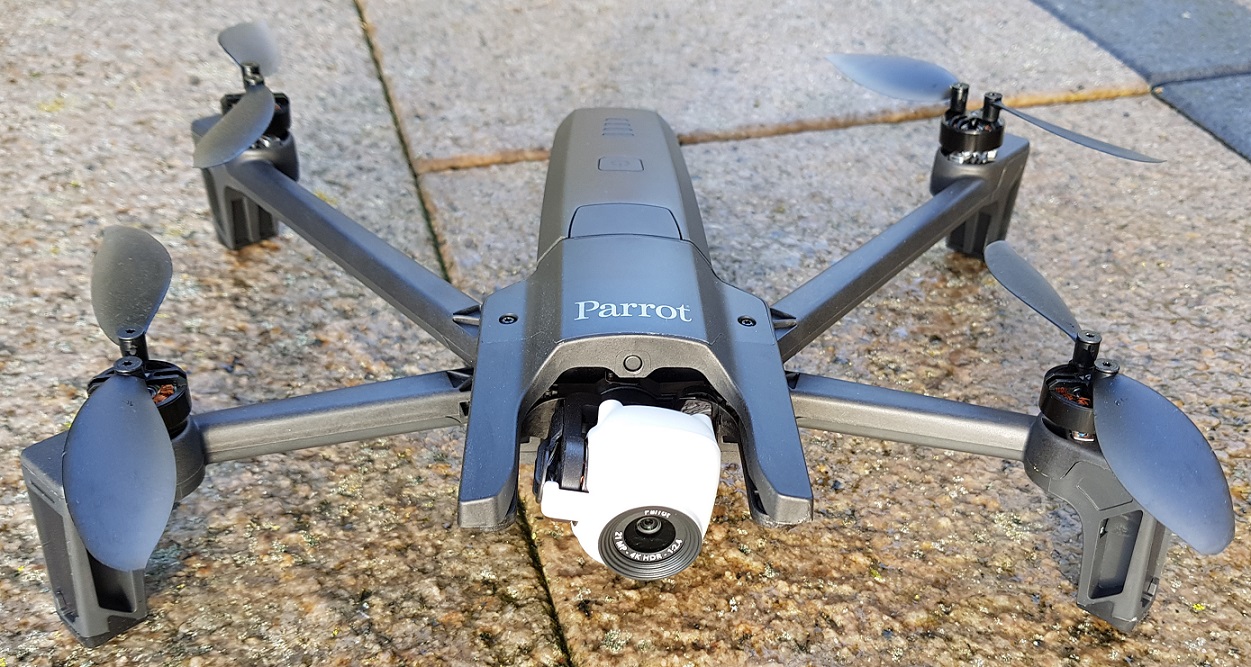This post is also available in:
 עברית (Hebrew)
עברית (Hebrew)
A new surveillance technology will be developed for the US army by a French company. The deal represents a strategic front between the US and European commercial entities in the face of increasing dominance from Chinese companies.
The French drone manufacturer Parrot is one of six awardees for a US Army’s Short Range Reconnaissance (SRR) project, which aims to develop new prototype drones that its soldiers can easily deploy for an aerial perspective of the battlefield. The other companies are Skydio, Altavian, Teal Drones, Vantage Robotics and Lumenier. These firms will share the sum of US$11 million from the US DoD in order to develop the new technology.
The project concerns the development of small surveillance drones designed to help out soldiers on the ground. These drones are required be capable of flying for 30 minutes at a time, up to three km (1.86 mi) away, weigh three lb (1.36 kg) or less, take two minutes to assemble and be able to fit into a soldier’s rucksack, according to newatlas.com.
Parrot has been a longtime competitor to Chinese drone giant DJI. According to thevrege.com, Parrot’s ANAFI drone product line has always fell short when compared to DJI’s Phantom, Mavic, and Spark models.
However, with increasing pressure from the US government on Chinese companies amid President Donald Trump’s trade war focusing on companies such as Huawei, it appears more American and European alternatives to big-name Chinese brands could be selected for lucrative government contracts.
Analyst firm Envision Intelligence evaluates that military drone applications constitute about 70% of the commercial drone market, with consumer applications just 17% and non-military uses like filmmaking and climate modeling in the commercial realm just 13%.
Henri Seydoux, Parrot’s CEO and founder, said in a statement that the company understands how small unmanned aircraft, such as the Parrot ANAFI platform, has the potential to become a key part of the defense system.
The contract opens doors for the French firm to work more closely with the US military in the future as a trusted DJI alternative.


























